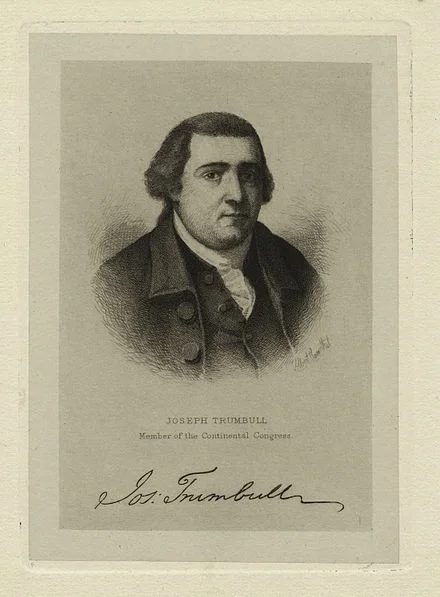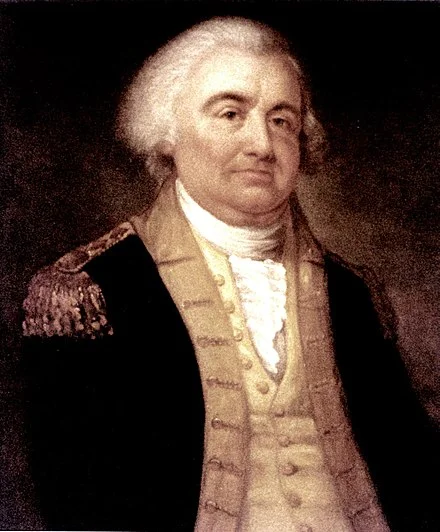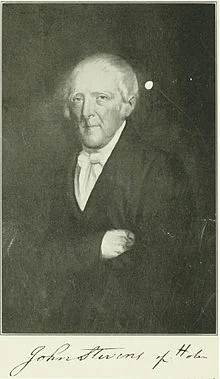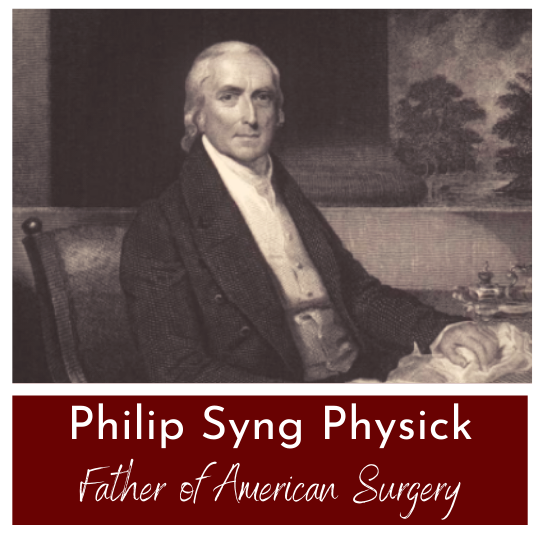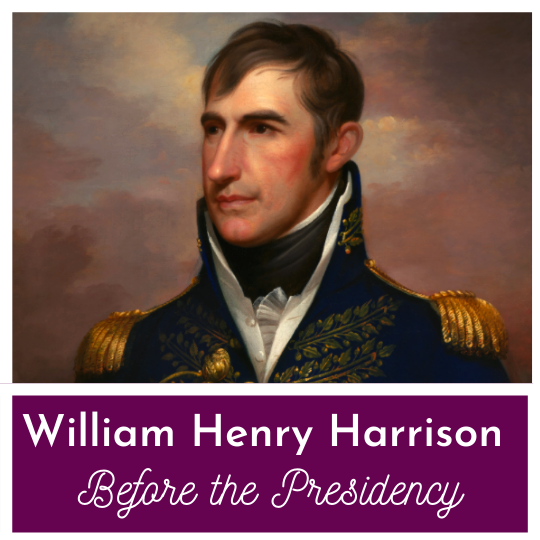Philip Barton Key - The Loyalist Founding Father
Philip Barton Key was a Loyalist, then he became a Founder of the United States.
Key is one of the few people to successfully make this transition. Once he joined the new nation, he did much to further it’s growth.
Philip Barton Key
His nation was at war.
Philip Barton Key heard the call of his country and he answered. At just 20 years old, he signed on as a Captain with the Maryland Battalion.
The Maryland LOYALIST Battalion.
Our Rights As Englishmen
Like most colonists, Philip Barton Key was proud of his British Heritage.
In fact, even the most extreme Revolutionaries were fighting for their ‘rights as Englishmen.’ It was unanimously agreed that (until about 1774) Great Britain was the freest nation in the world.
The Revolutionary War was not fought for new freedoms which the Americans desired, it was fought for existing freedoms which had been taken away.
POW
When the American Revolution broke out, Philip Barton Key did what he thought was right.
Sure, his nation had made mistakes, but it was his. These grievances could be corrected, but first we needed to calm everything down.
So off he went to war.
After four years of fighting, Key was captured in Florida by the Spanish who had joined in the fight with the United States. A month later the Victory at Yorktown had taken place and the Revolutionary War was essentially won.
Key was among the British prisoners released by the Spanish. He joined the other Loyalists in New York City before sailing for England.
Back to America
Philip received an education in law while in Europe. But he missed home.
Three years later, Key quietly returned home to Maryland. Despite having fought for the enemy and having to start all over (as all Loyalist property had been taken) he quickly established a new law practice.
He was helped along by his brother, John Ross Key, who had fought with the Revolutionaries. Old wounds were mended and the brothers once again became close.
After a decade of service to his community, past transgressions had been forgotten. Philip was elected to the State House of Delegates. He spent five years in this position, during which he also served two terms as Mayor of Annapolis.
Federal Judge
In 1801, Philip Barton Key was one of the Midnight Judges appointed by President John Adams in an effort to pack the Judicial Branch with Federalists before Thomas Jefferson moved into the White House.
His title was Chief Judge of the United States Circuit Court for the Fourth Circuit. It’s a serious mouthful, but it basically means he was the most senior Justice in the area around Maryland.
Key held this position for just over a year before the Democratic-Republicans reorganized the courts and eliminated the office.
He was the only person to ever be honored with that wordy title.
Congressman
Philip returned to his law practice following his justiceship.
Key was a Councilor for the Defense in one extremely notable case…the impeachment trial of Supreme Court Justice Samuel Chase.
After successfully defending Chase, Key was elected to the United States House of Representatives.
He spent six years in Congress, declining to seek reelection soon after the War of 1812 began.
Many of the Founders of the United States with interesting stories held the position of Federal Judge. If you enjoyed this article, you might like what I’ve written about Cyrus Griffin and Pierpont Edwards.
While Philip Barton Key does not have a biography, you might enjoy ‘Grand Inquests’ by William Rehnquist (yes, THAT William Rehnquist) which discusses the Chase Impeachment Trial. Pick up a copy through our Amazon affiliate link below.
If you are a first time reader here, please consider subscribing to my email list. I publish a new article every day and I won’t sell your account information or anything dumb like that.


